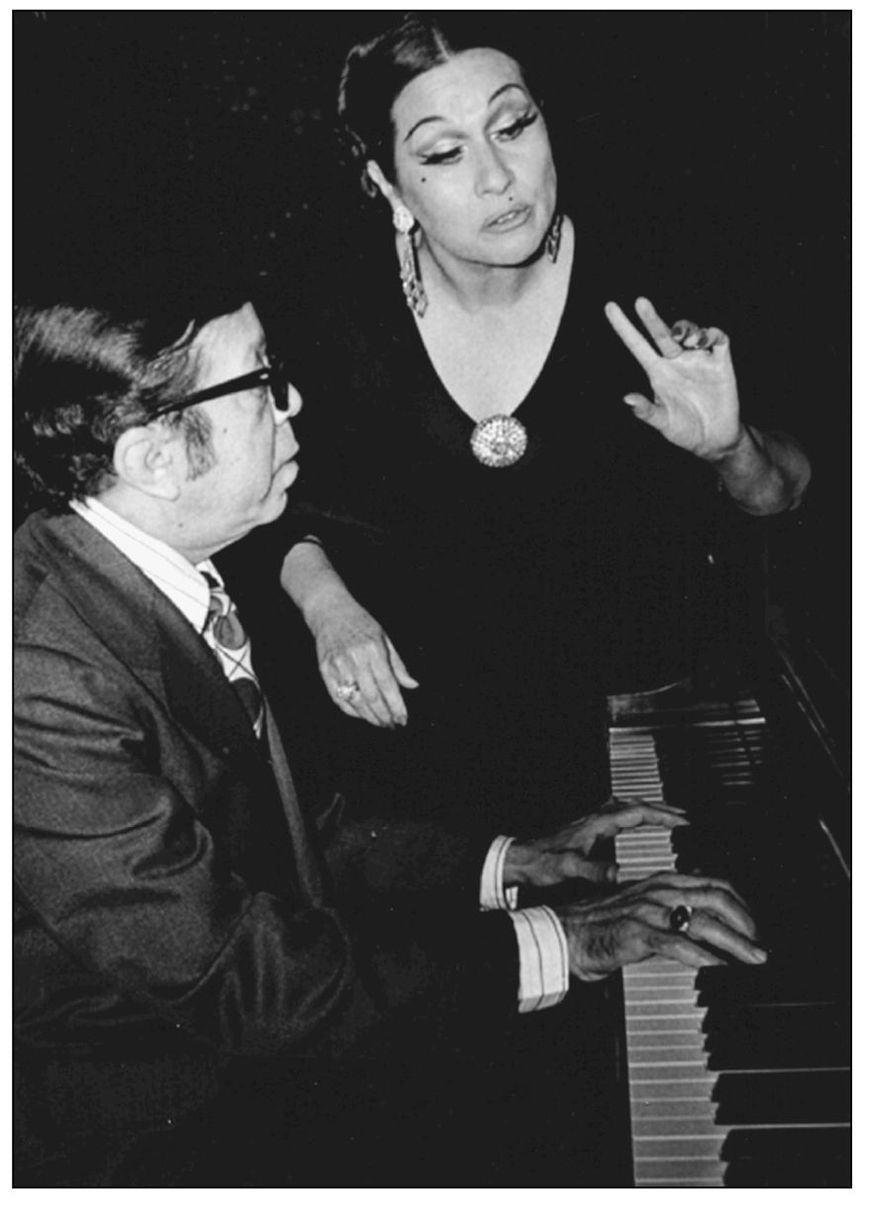Six
MUSICAL AND THEATRICAL ICONS
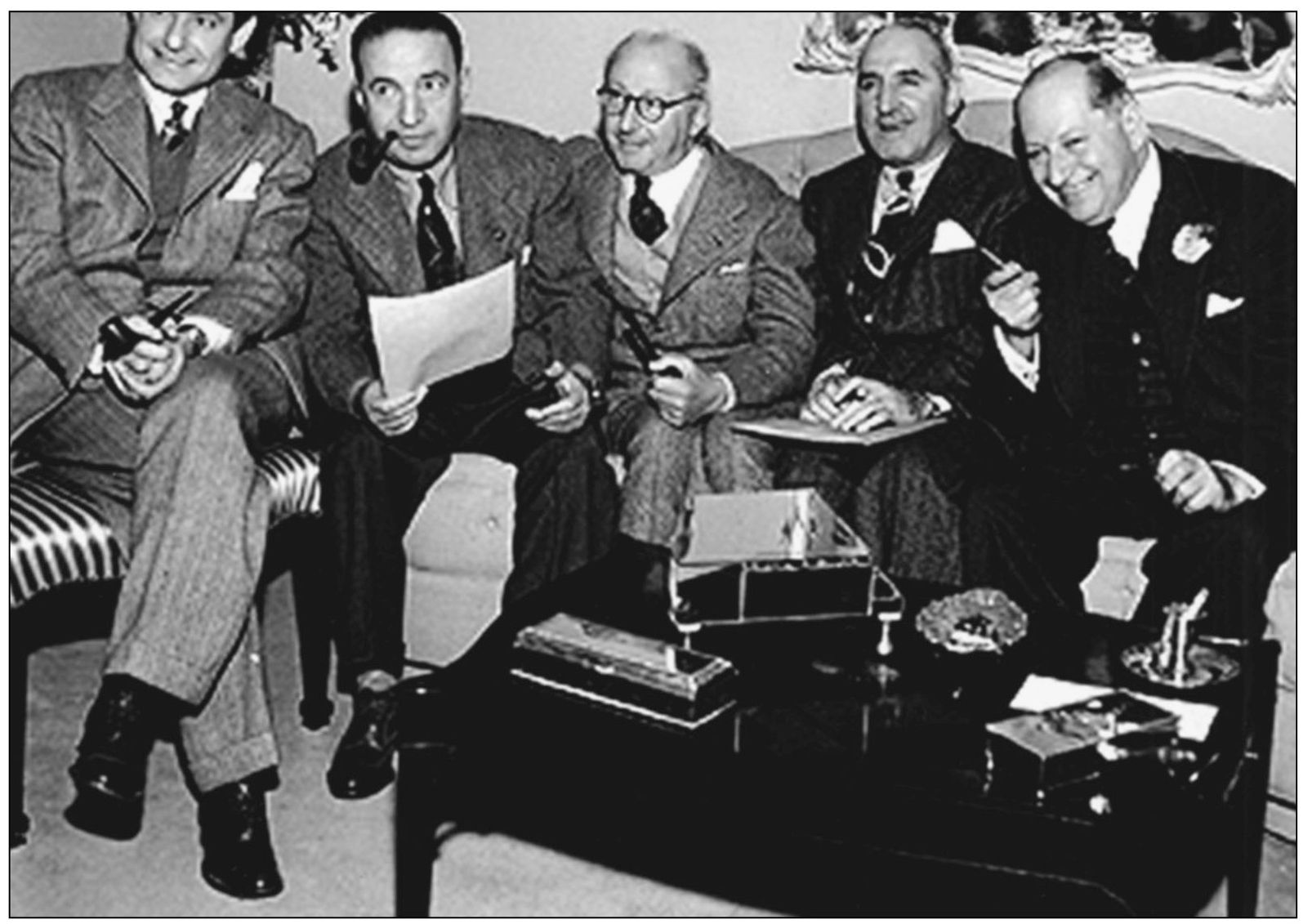
GUS KAHN. A top Tin Pan Alley lyricist, Gustav Gerson Kahn (1886–1941) was born in Cologne, Germany, and emigrated with his family in 1892; they settled in Chicago. Kahn wrote songs for vaudeville and films. His greatest hits include “I’ll See You in My Dreams,” “It Had to Be You,” “Yes, Sir, That’s My Baby,” “Love Me or Leave Me,” “Carolina in the Morning,” and “Dream a Little Dream of Me.” In the picture, he is the one with the pipe in his mouth.

IRVING BERLIN. Truly an institution in the world of popular music, Irving Berlin (1888–1989) came to this country from Russia in September 1893; his original name was Israel Beilin, and he grew up on Manhattan’s Lower East Side. Berlin started out as a lyricist but eventually wrote the words and music to all of his compositions. From Tin Pan Alley and vaudeville, he conquered Broadway and Hollywood.

“I LOVE A PIANO.” As a boy, Berlin fell in love with music and drifted to Tin Pan Alley, where he composed his first hit songs for vaudeville and Broadway. Among them are unforgettable classics like “Alexander’s Ragtime Band,” ”Play a Simple Melody,”
“When I Lost You,” “I Love a Piano,” and “A Pretty Girl is Like a Melody.” In the 1920s, he scored with “Say It with Music,” “Always,”
“What’ll I Do?,” and “Blue Skies.”
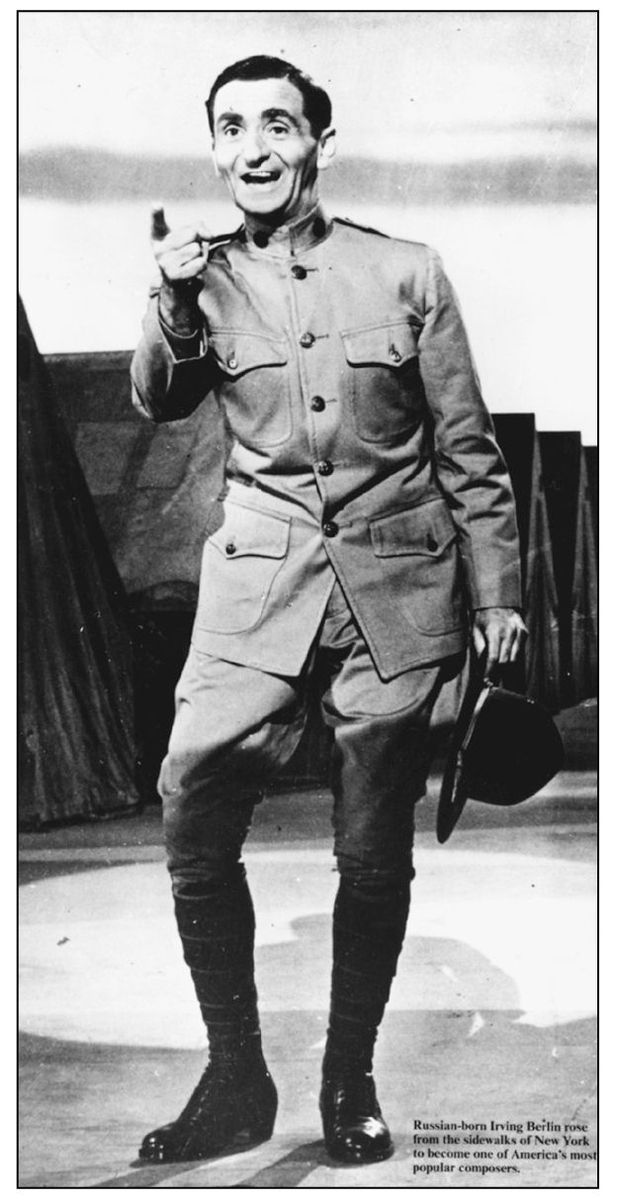
AMERICA’S ENDURING FAVORITE. During the Great Depression, Berlin proved his resilience and his relevance to a new generation. He clicked with “How Deep Is the Ocean?,” “Say It Isn’t So,” “God Bless America,” “White Christmas,” and “Easter Parade.” He is seen in his 1942 movie musical, This is the Army, in which he sang “Oh, How I Hate to Get Up in the Morning.”
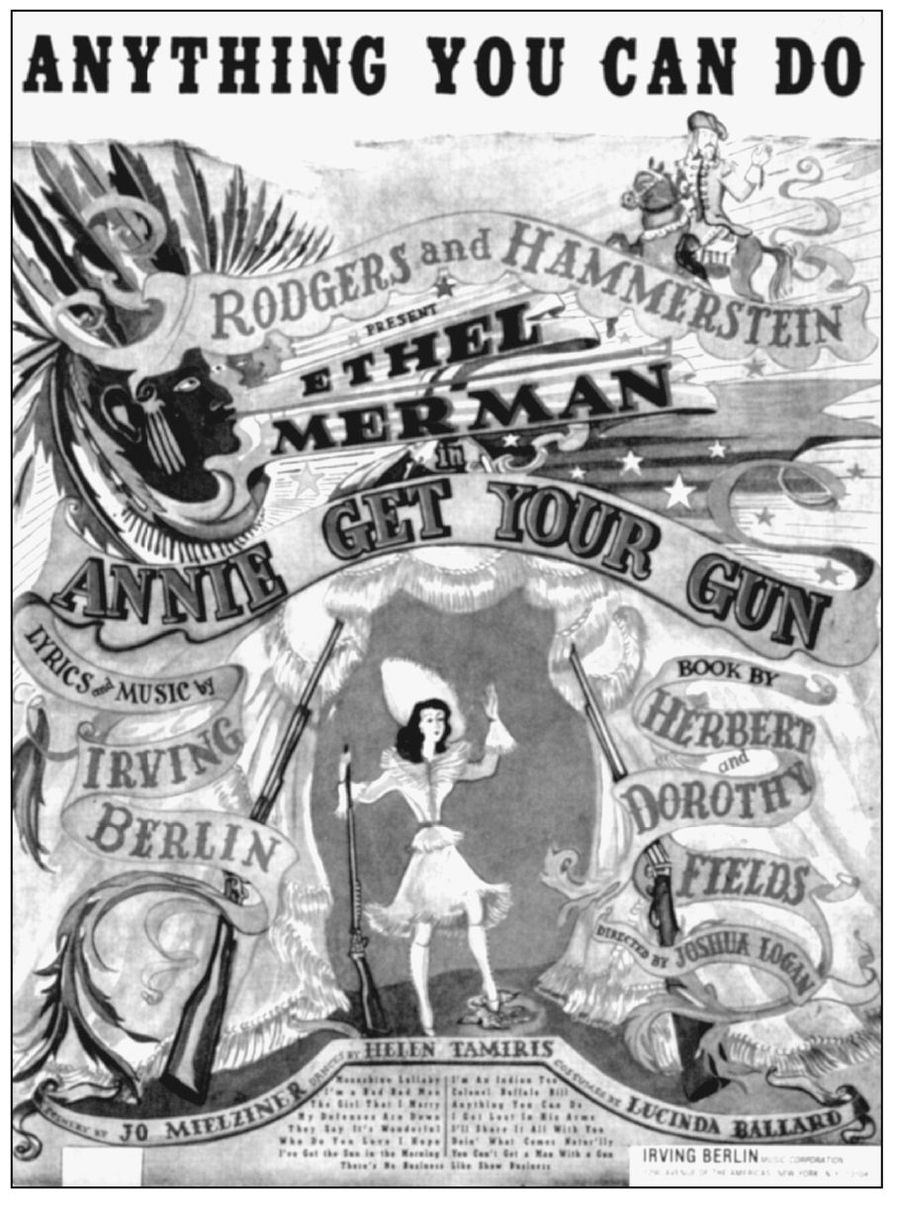
LATER SHOWS. Berlin’s greatest Broadway success was the musical Annie Get Your Gun (1946), which starred Ethel Merman The rare charm of such songs as “Doin’ What Comes Naturally,” “Moonshine Lullaby,” “I Got Lost in His Arms,” ”The Girl That I Marry,” and “There’s No Business Like Show Business” dazzled audiences. Miss Liberty (1949) was a minor hit, as was Call Me Madam (1950). Berlin retired in 1962 and died at the age of 101 in 1989.
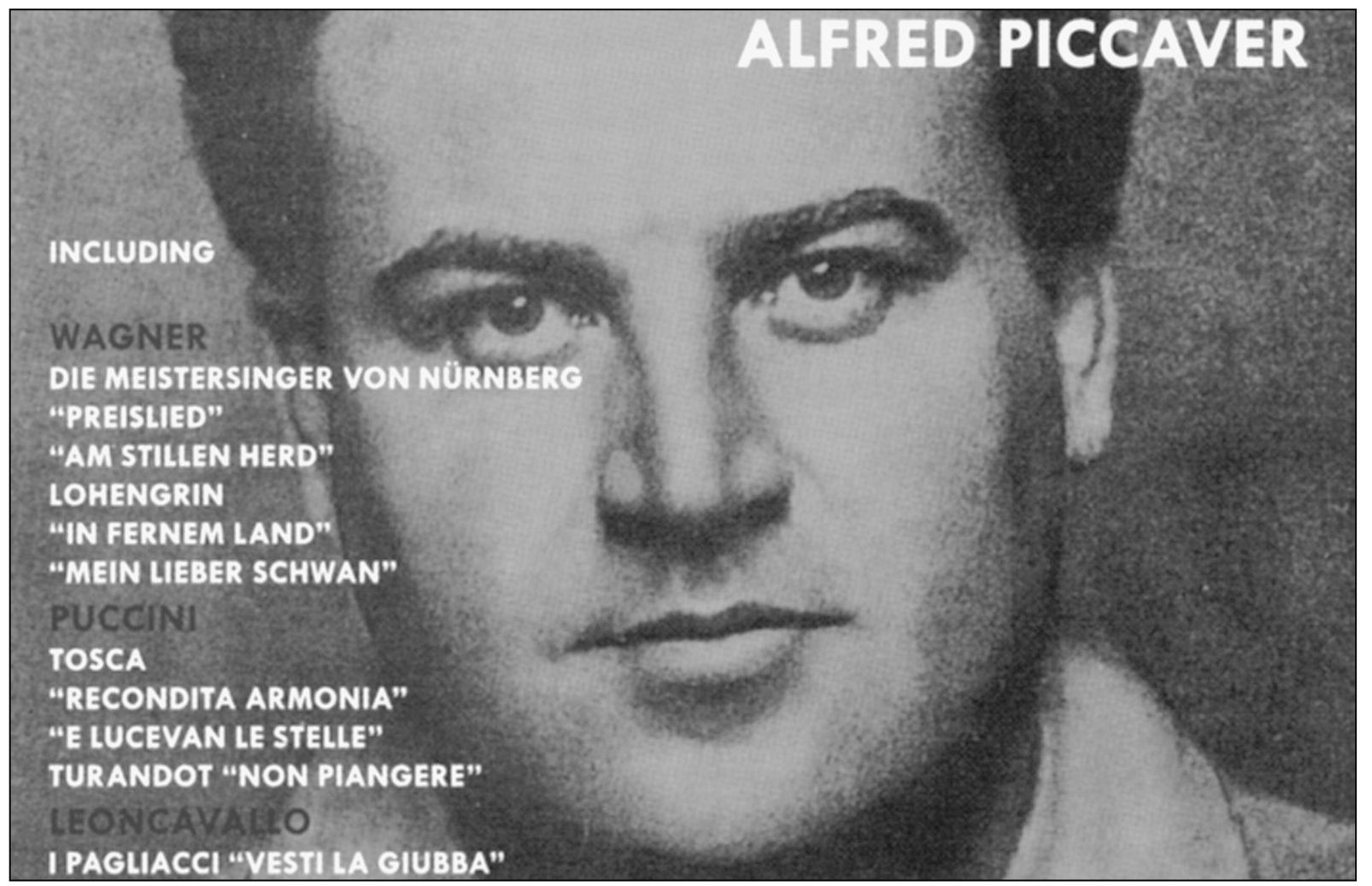
ALFRED PICCAVER. One of European opera’s favorite tenors, Alfred Piccaver was born in Lincolnshire, England, and came to America in the steerage of the SS Paris in 1895. His talent was discovered when he was a teenager, and in 1907, he returned to Europe to study voice. His career took off, and he enjoyed extensive triumphs and acclaim. He died in Vienna. Pictured is one of the many CDs containing his best recordings.
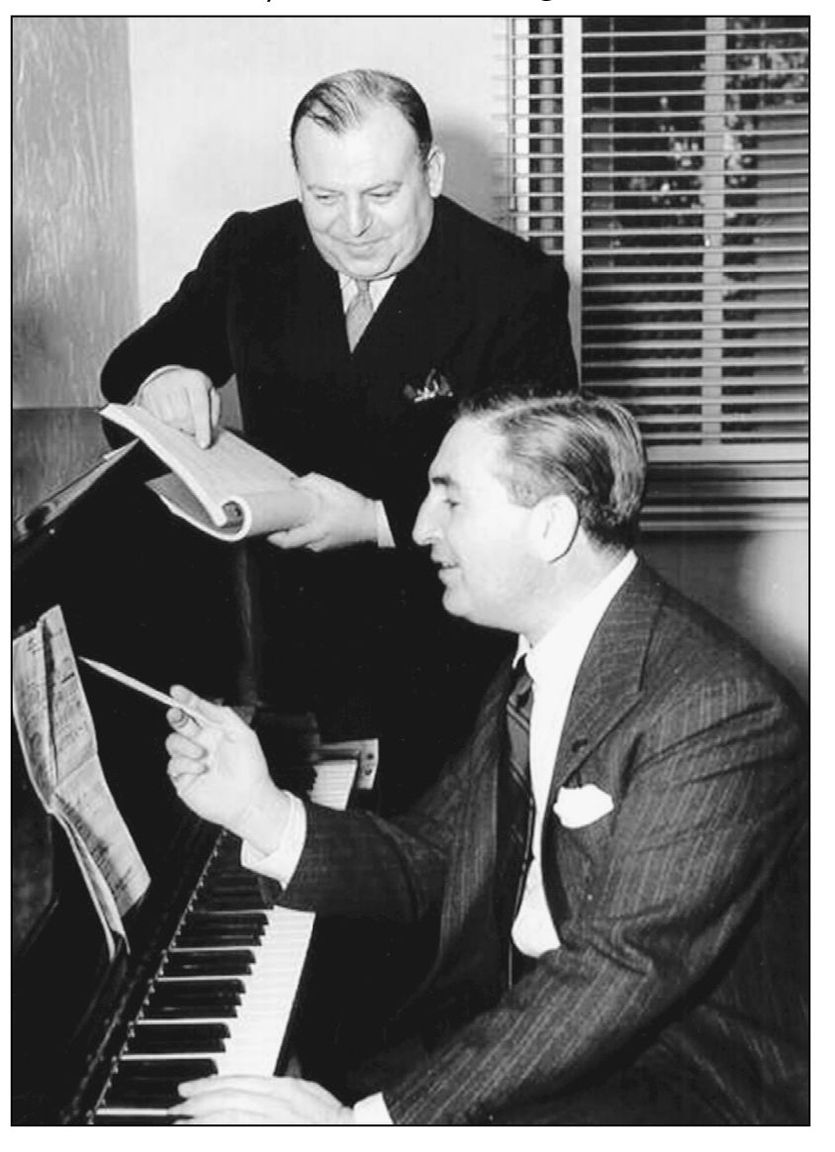
AL DUBIN. Another of Tin Pan Alley’s lyricists was the incomparable Alexander Dubin (1891–1945). Born to Russian Jewish parents in Switzerland, he came to America in 1893 and settled in Philadelphia. His hits include “Among My Souvenirs,” “We’re in the Money,” “A Cup of Coffee, a Sandwich and You,” “Lullaby of Broadway,” and “I’ll Sing You a Thousand Love Songs.” He is pictured (standing) with his partner, composer Harry Warren.

SAMUEL CHOTZINOFF. Samuel “Shotzi” Chotzinoff (1889–1964) is another example of poverty reaching for the stars and winning through. His family left Vitebsk, Russia, for the Lower East Side in 1905. A pianist and critic, he made a national reputation as music director of the NBC Symphony Orchestra (1936–1954) and produced NBC’s televised operas. A confidante of Arturo Toscanini’s and brother-in-law of Jascha Heifetz, Chotzinoff wrote two autobiographies, A Lost Paradise and Day’s at the Morn.
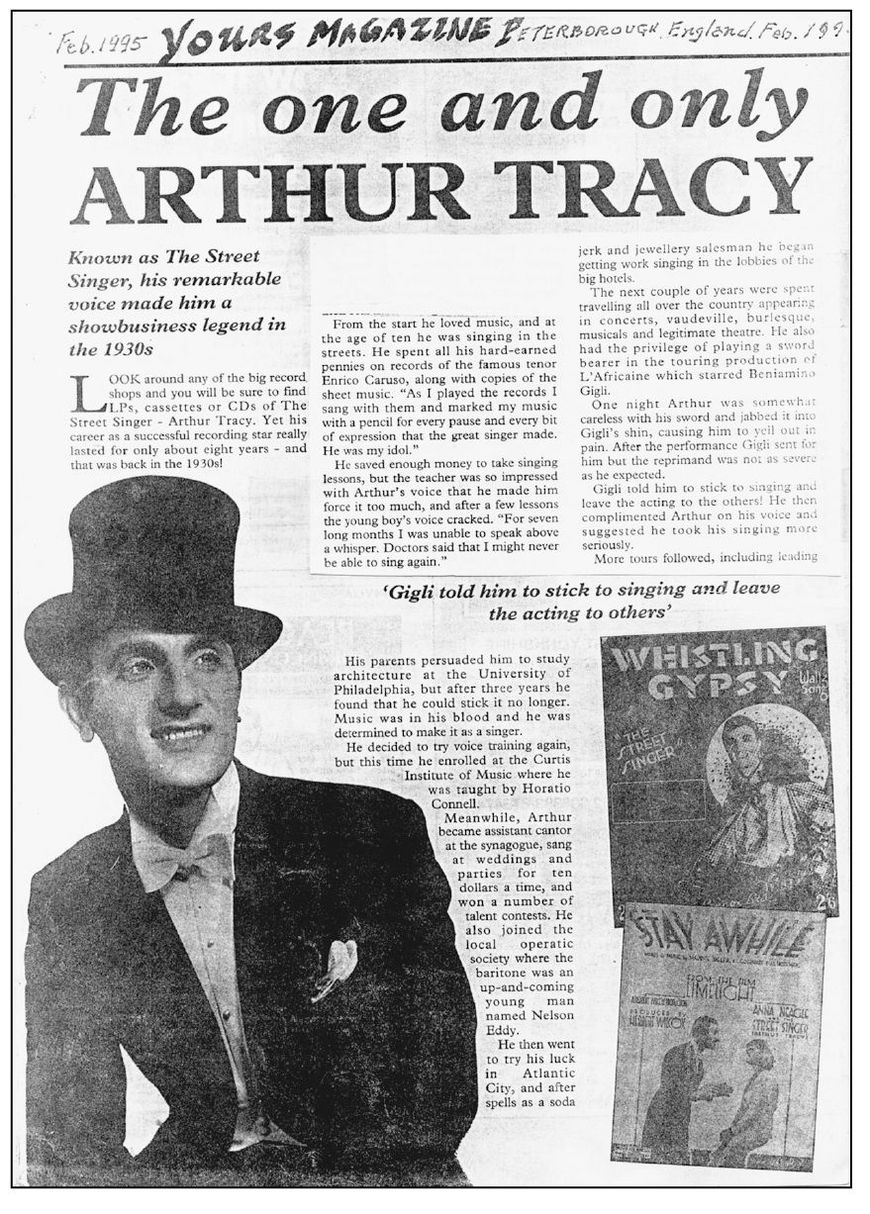
THE STREET SINGER. With a romantic air and calling himself “the Street Singer,” Tracy offered the public beautiful ballads in his elegant tenor baritone and became a sensation. Bookings poured in from vaudeville, and he costarred in Hollywood’s The Big Broadcast (1932). Millions tuned in to his radio show to listen to him sing “Marta,” “Smoke Gets in Your Eyes,” “I’ll Sing You a Thousand Loves Songs,” and “Everything I Have Is Yours.”

ARTHUR TRACY. Like many Jews in the Russia of 1905, the Tracavutskys suffered persecution and poverty. Sick of the life, they left for America in 1906. They changed their name to Tracy after leaving Ellis Island for Philadelphia, and Abba became Arthur Tracy (1899–1997). Influenced by the recordings of Enrico Caruso, Arthur became a singer and went into vaudeville in 1917. Fame came to him when he achieved stardom on radio in 1931.

TO ENGLAND. In 1935, Tracy went to England for a seven-week engagement and wound up staying seven years! The British embraced him as one of their own, and he became a top stage attraction, radio artist, and film star. Songs such as “Pennies from Heaven,” “Trees,” “Red Sails in the Sunset,” “September in the Rain,” “The Whistling Waltz,” and “A Sailboat in the Moonlight” kept him in their hearts.
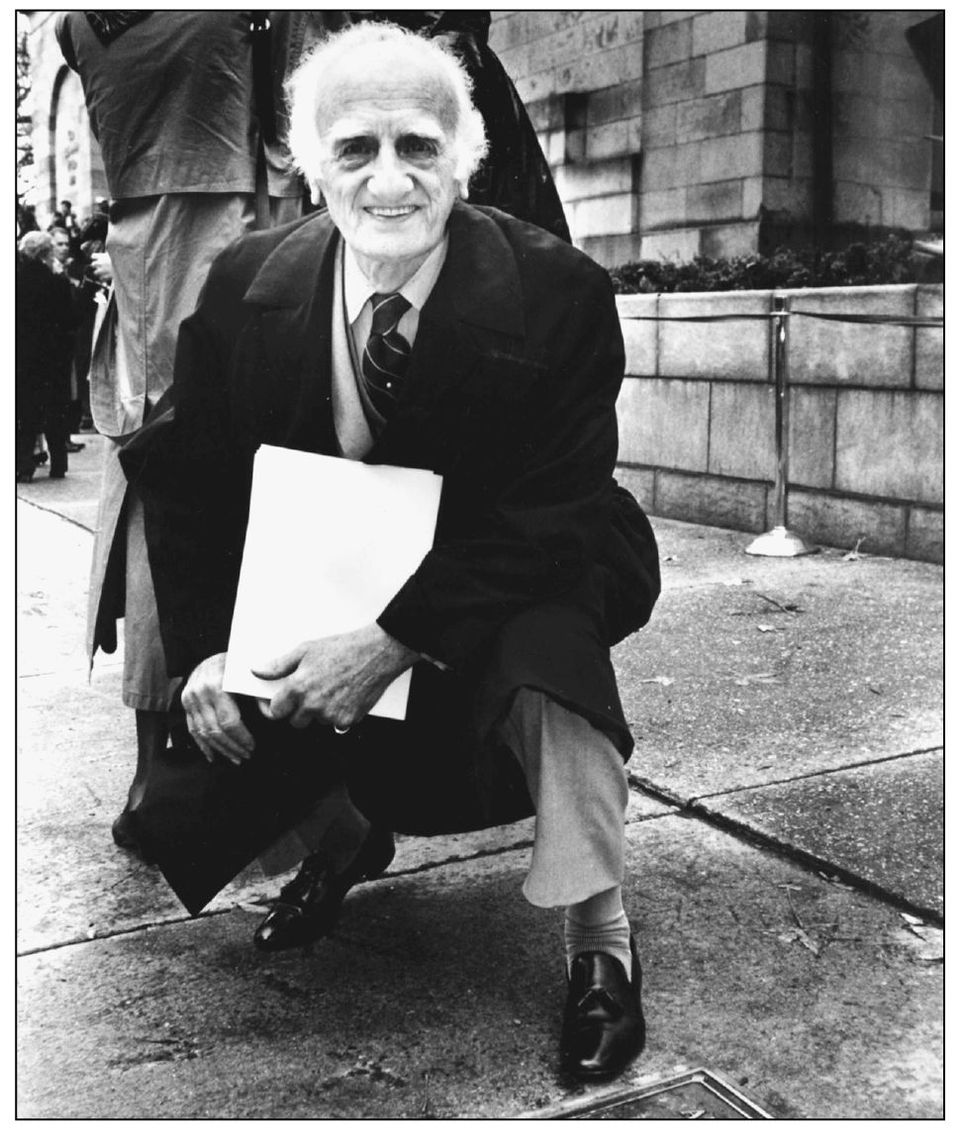
LATER YEARS. Tracy returned to the United States during the war and was given a new radio show on NBC. He performed in vaudeville for Loews, but his popularity declined with the rise of swing music; he retired in 1950. Meanwhile, he made a fortune in real estate. He made a comeback in the 1980s, charming old fans and young people alike. In 1996, he was awarded the Ellis Island Medal of Honor.

XAVIER CUGAT. From Barcelona, Spain, the Cugats moved to Cuba, where Xavier grew up, and then came to New York on the SS Havana in 1915. Xavier Cugat (1900–1990) popularized Latin music as a major bandleader in the 1930s, 1940s, 1950s, and 1960s. His orchestra was the featured band at the Waldorf Astoria Hotel, and it performed in Hollywood movies. He was dubbed the “Rumba King.” He died in his native Catalonia.
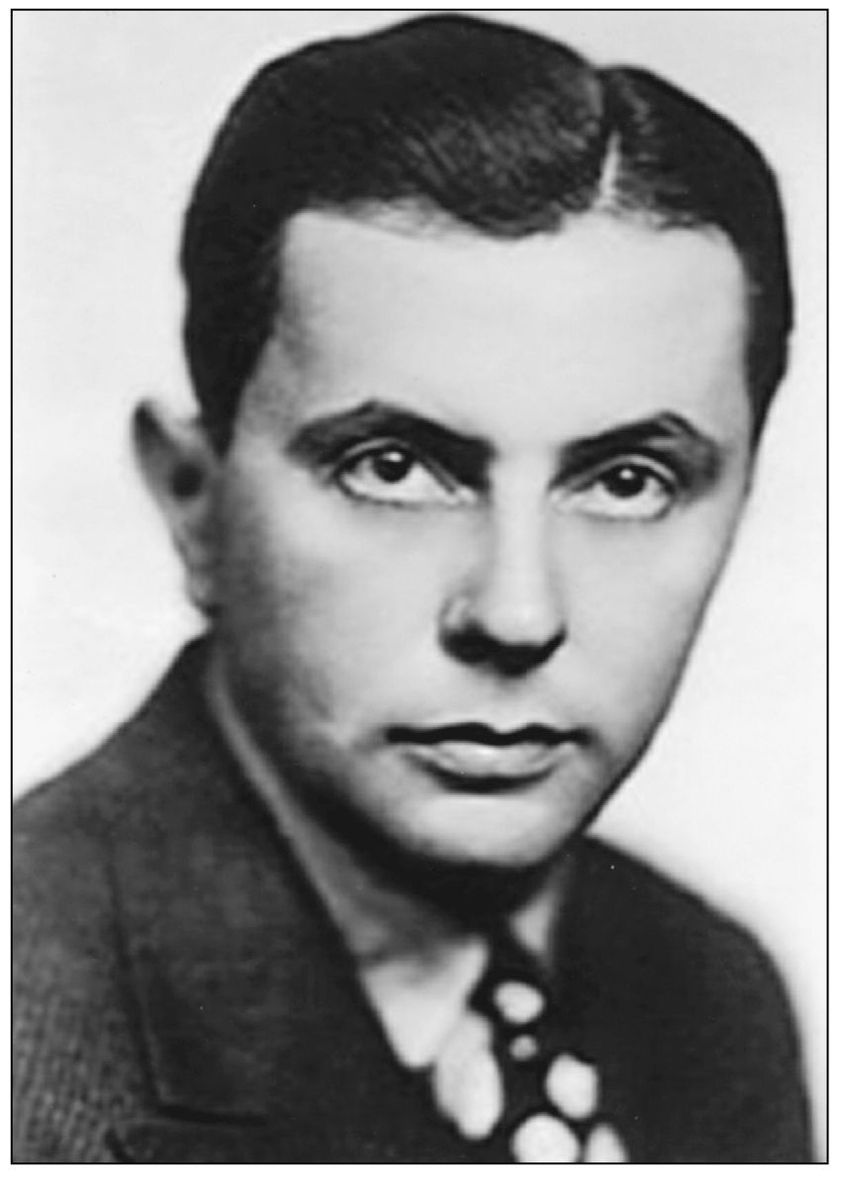
VERNON DUKE. Accomplished musician Vernon Duke composed both classical and popular music. Vladimir Dukelsky (1903–1969) was born in Russia. Because of the rise of bolshevism in Russia, he and his mother fled to Odessa and, from there, booked steerage passage on the King Alexander in Constantinople in 1921. Duke’s hit songs include “April in Paris,” “Autumn in New York,” and “Taking a Chance on Love.”
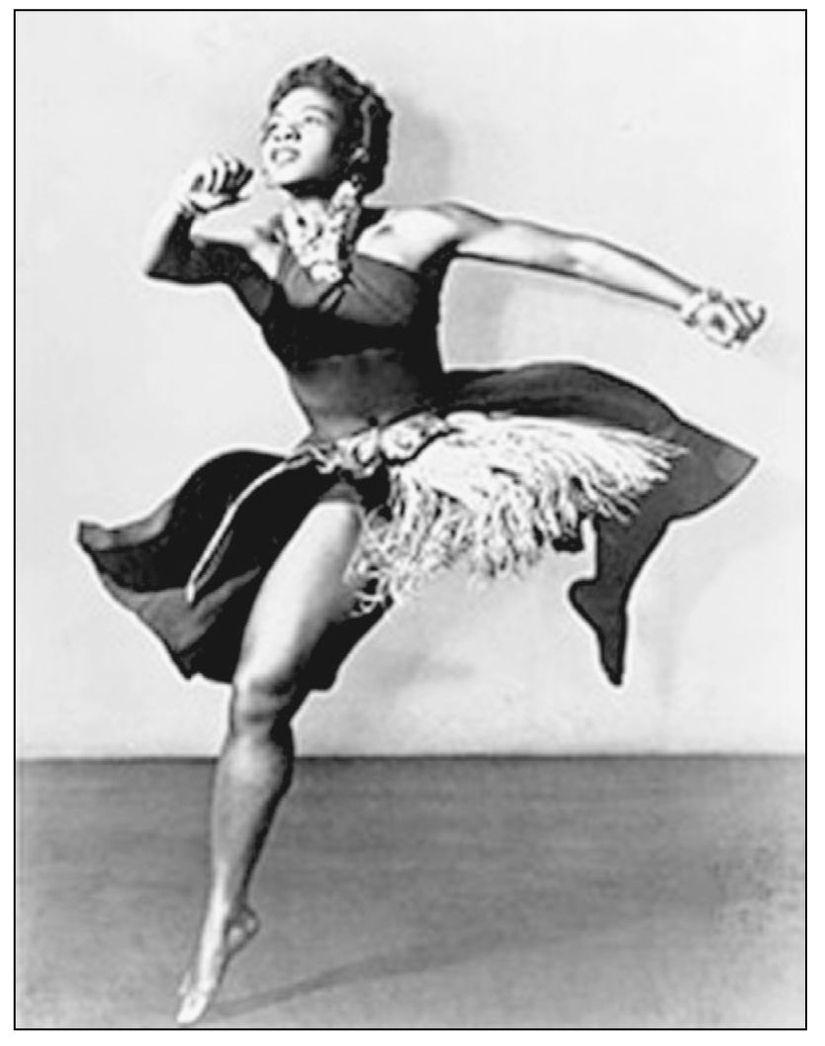
PEARL PRIMUS. A native of Port of Spain, Trinidad, Pearl Primus (1919–1994) came to Manhattan aboard the SS Voltaire. She, her mother, and her brother were discharged from Ellis Island to her father, who had come to fetch them. Famous for her leaping dance technique, she employed art as a means to promote social change and, further, her New Dance troupe and Earth Theatre were expressly intended to press for political reform.
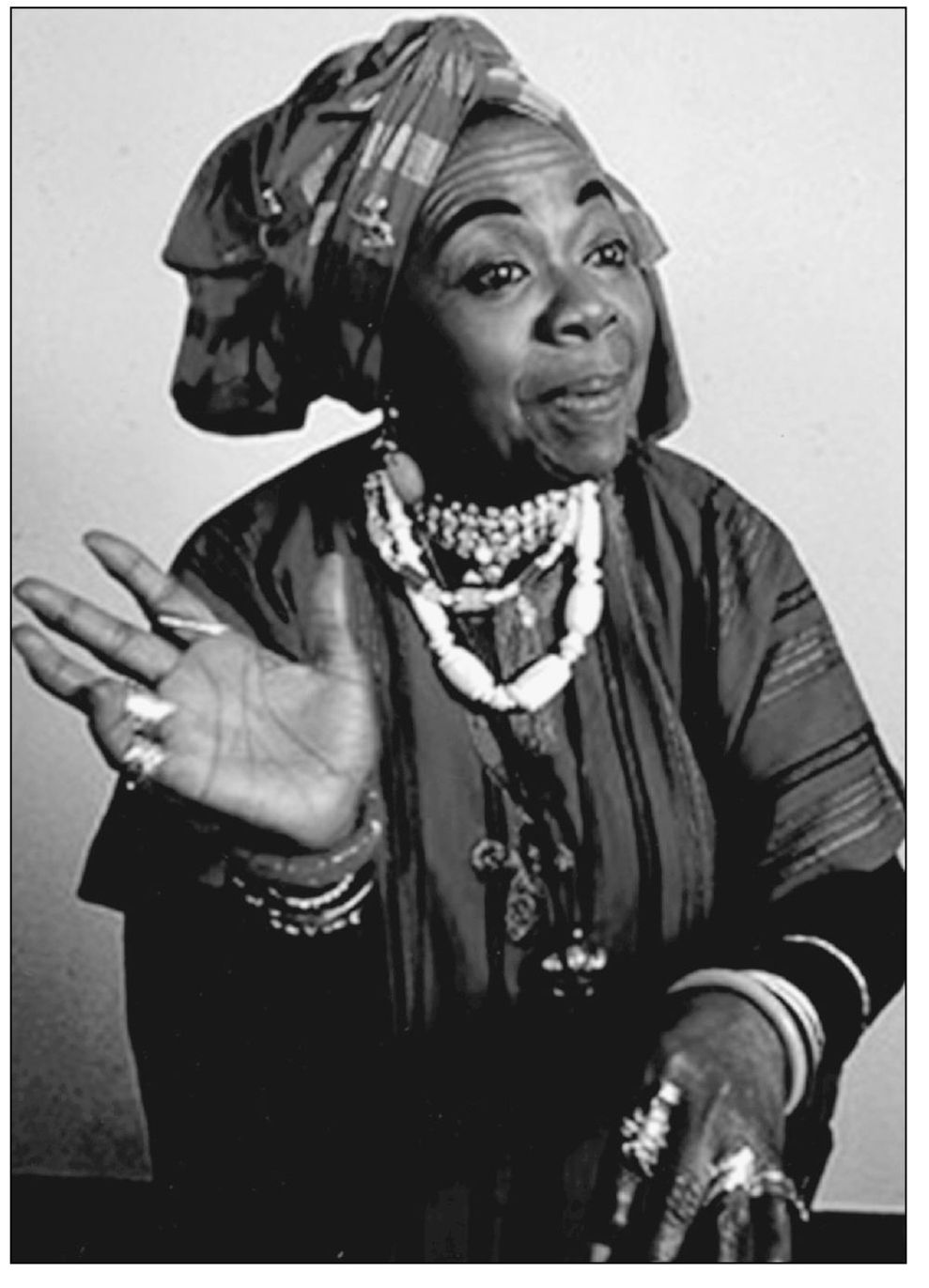
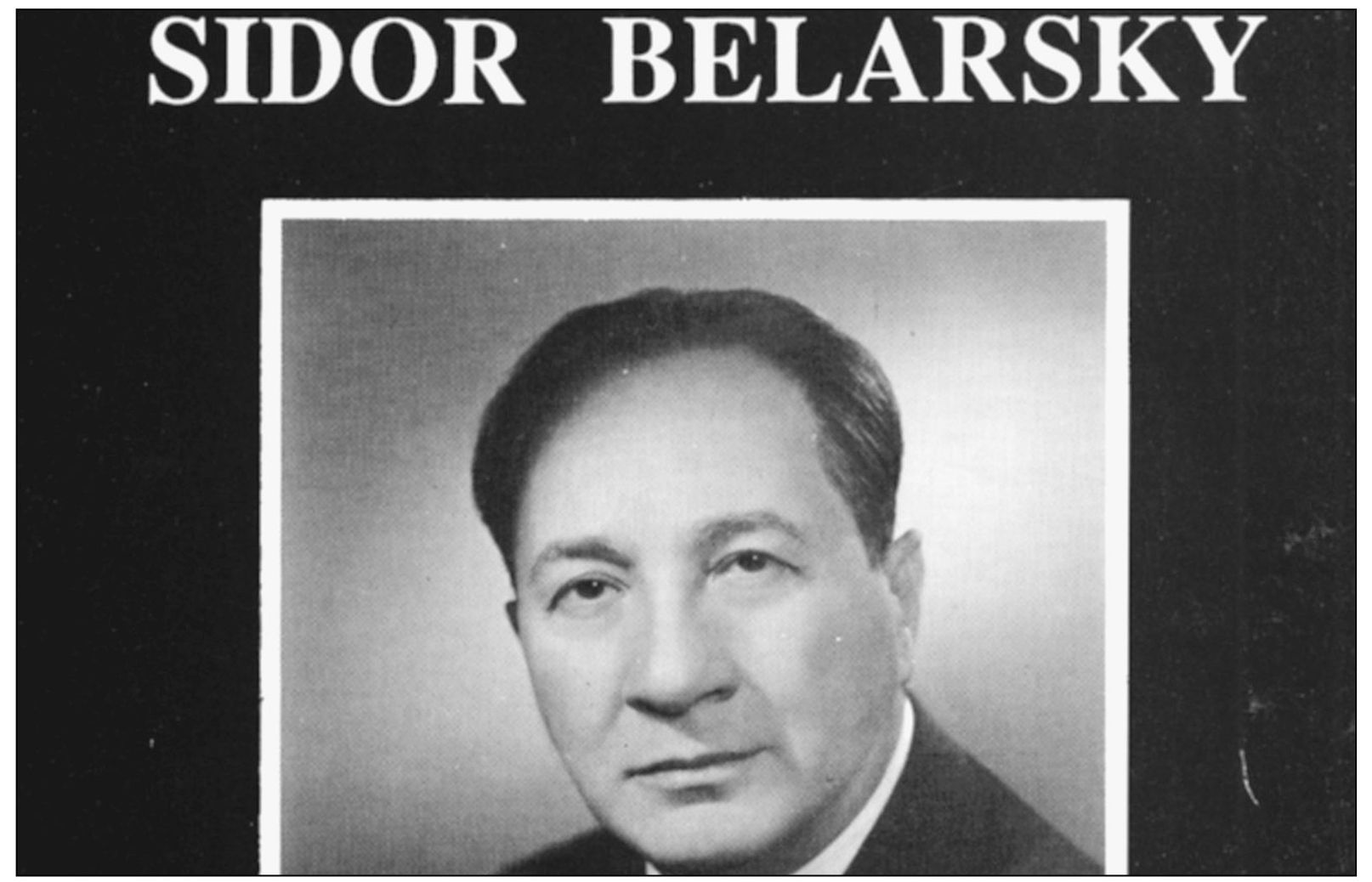
SIDOR BELARSKY. Although he came to America to sing opera (and did), it is Sidor Belarsky’s exquisitely delivered heartfelt songs of old Jewish folk life in eastern Europe that remain his great legacy. Belarsky (1898–1975) brought the old country to America to remind Jews of their true origins. His Yiddish and Hebrew recordings made him famous, and their power won him admirers, including Albert Einstein, President Shazar of Israel, and Elie Wiesel.
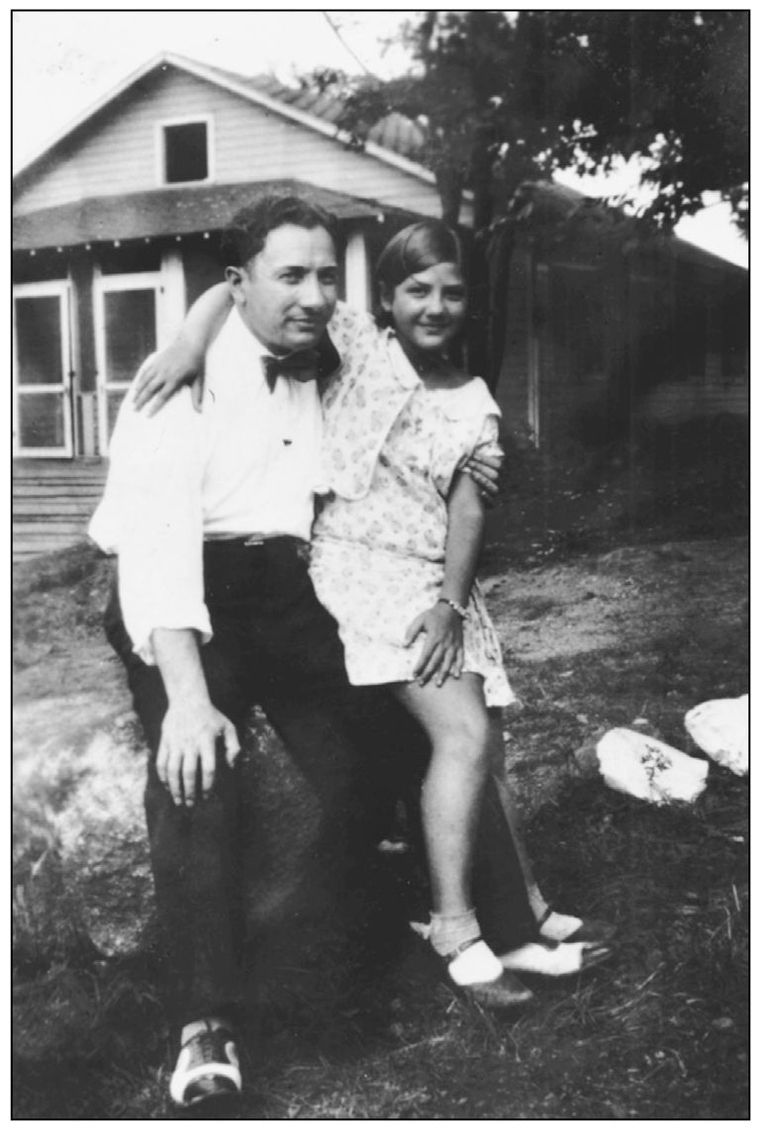
THE BELARSKYS COME TO AMERICA. In 1930, the Belarskys came to America and were briefly detained at Ellis Island. Their coming was thanks to Dr. Franklin Harris, president of Brigham Young University. Belarsky performed for several opera companies with much success and also was a favorite at Carnegie Hall. He is pictured with his daughter, Isabel, shortly after their arrival in America. Isabel shares Sidor’s musical legacy with younger generations.
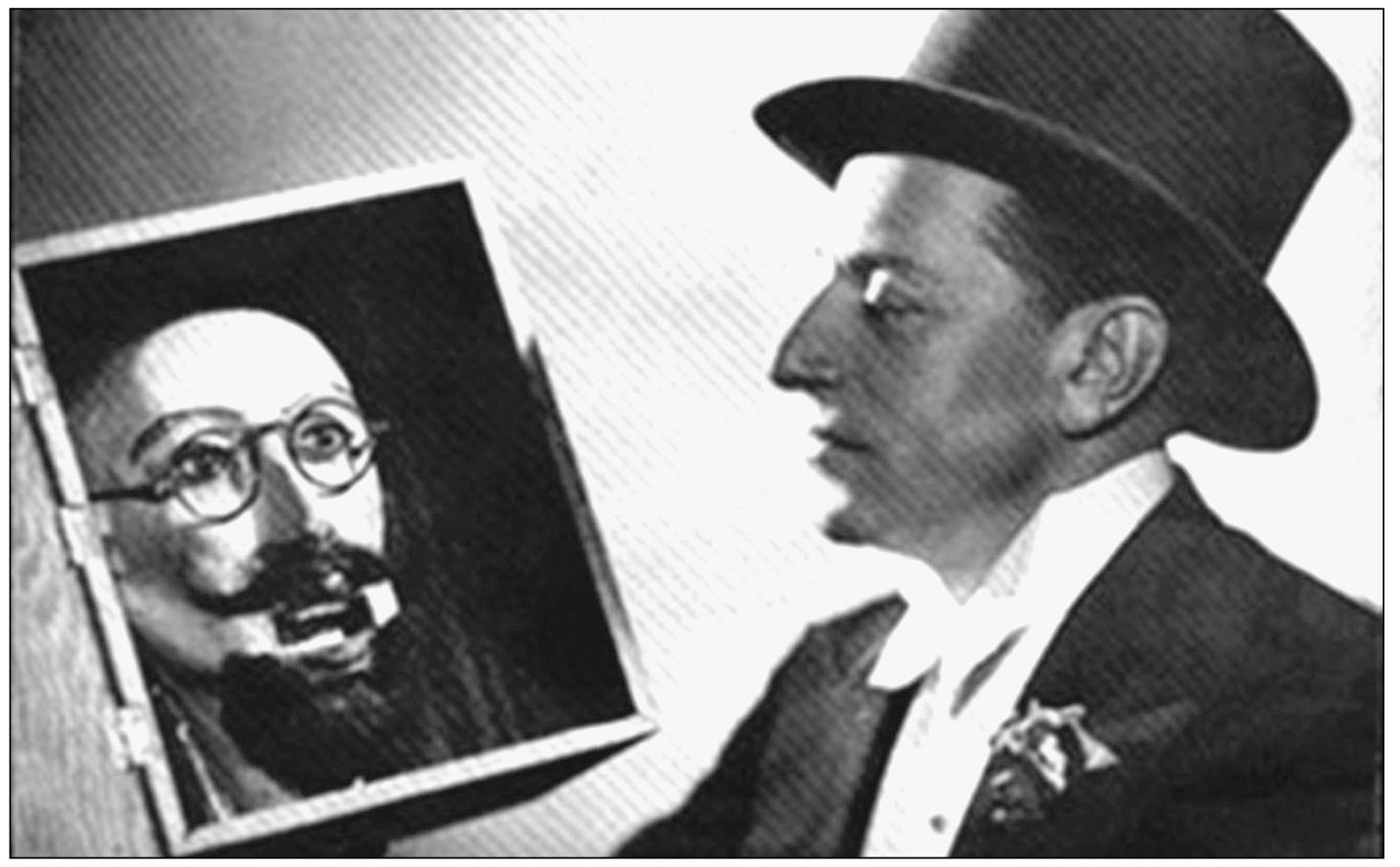
SEÑOR WENCES. Wenceslao Moreno (1896–1999), the Spanish ventriloquist and juggler, was detained briefly at Ellis Island on July 16, 1936, owing to questions about his vaudeville booking. The affair settled, he went on to delight millions of Americans with his curious characters, the pestering, falsetto voiced Johnny and Pedro, a decapitated head in a box that when opened by the adroit Señor Wences and asked “‘S’awright?,” responded gruffly and emphatically, “S’awriiight!” A native of Salamanca, Spain, Moreno performed for years throughout Europe, Latin America, the United States, and Canada. He was a favorite on television’s Ed Sullivan Show. He died three days after his 103rd birthday.
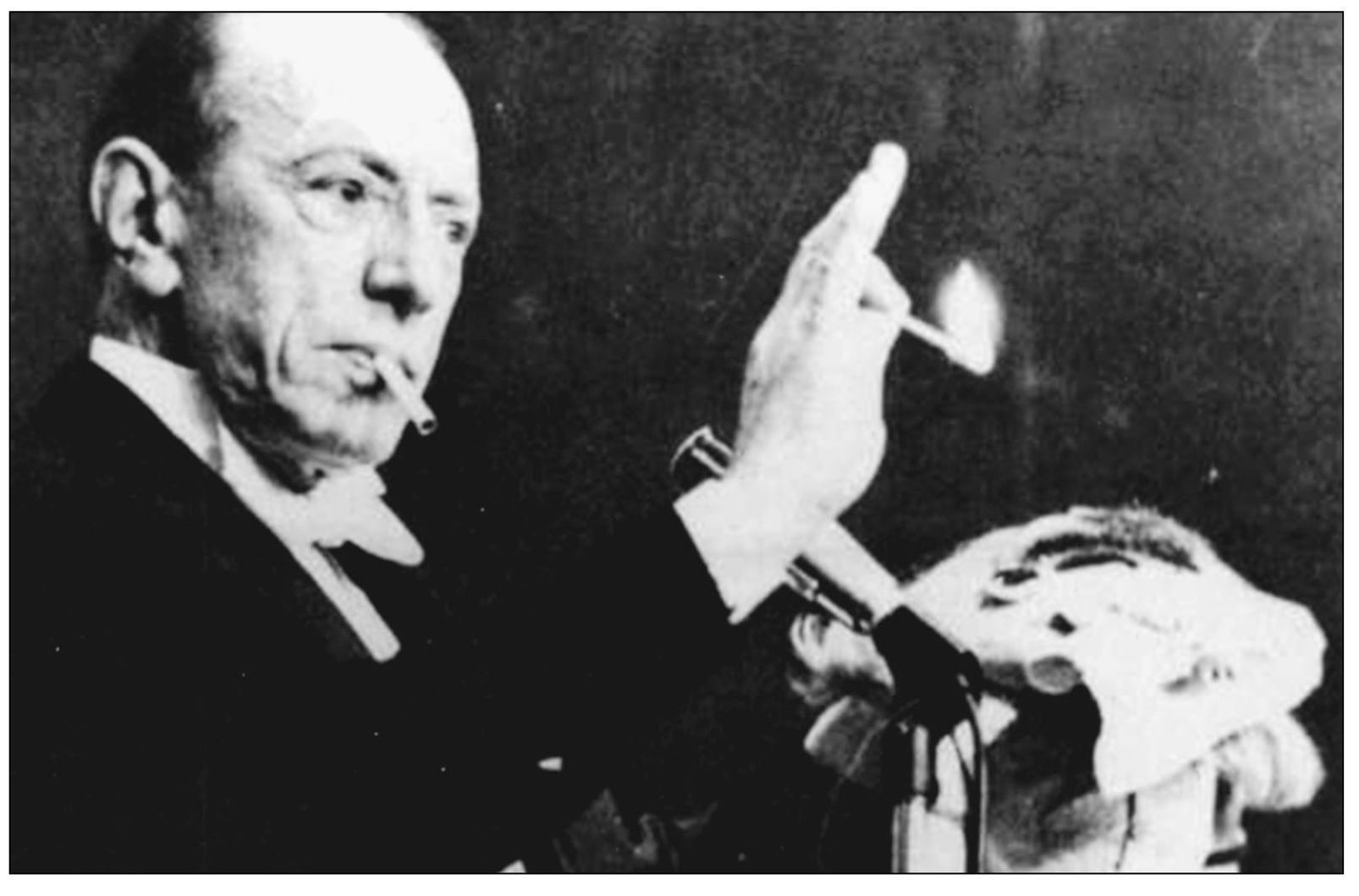
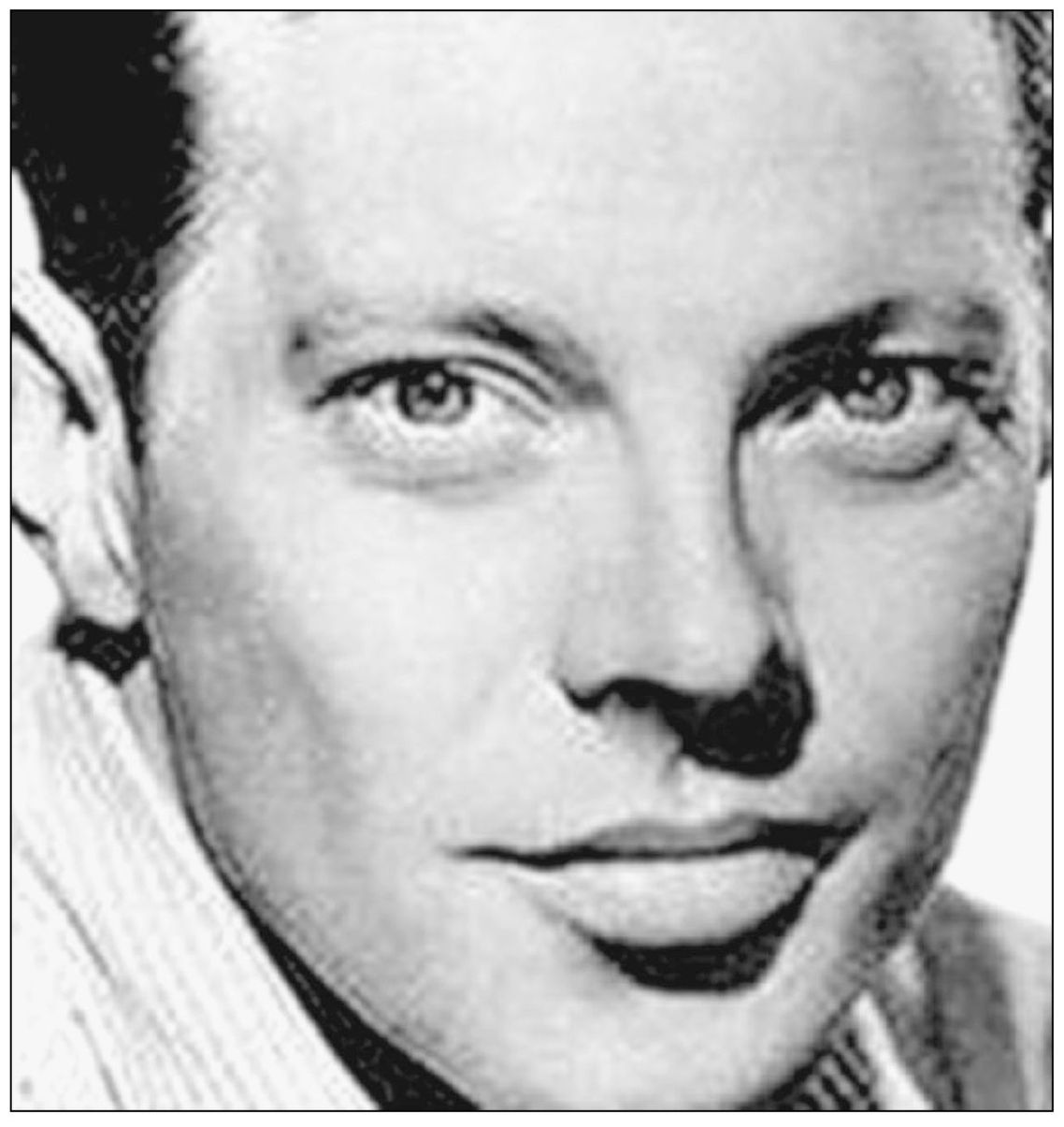
DICK HAYMES. To his adoring fans, pop singer Dick Haymes (1918–1980) seemed a typical American; who would have guessed he was from Argentina? In 1937, he settled in Manhattan. His effort to become a songwriter flopped, but his voice clicked and in 1940 bandleader Harry James tapped him to replace Frank Sinatra. Soon World War II brought trouble for the foreigner, and his application for a draft exemption resulted in brief detentions at Ellis Island.
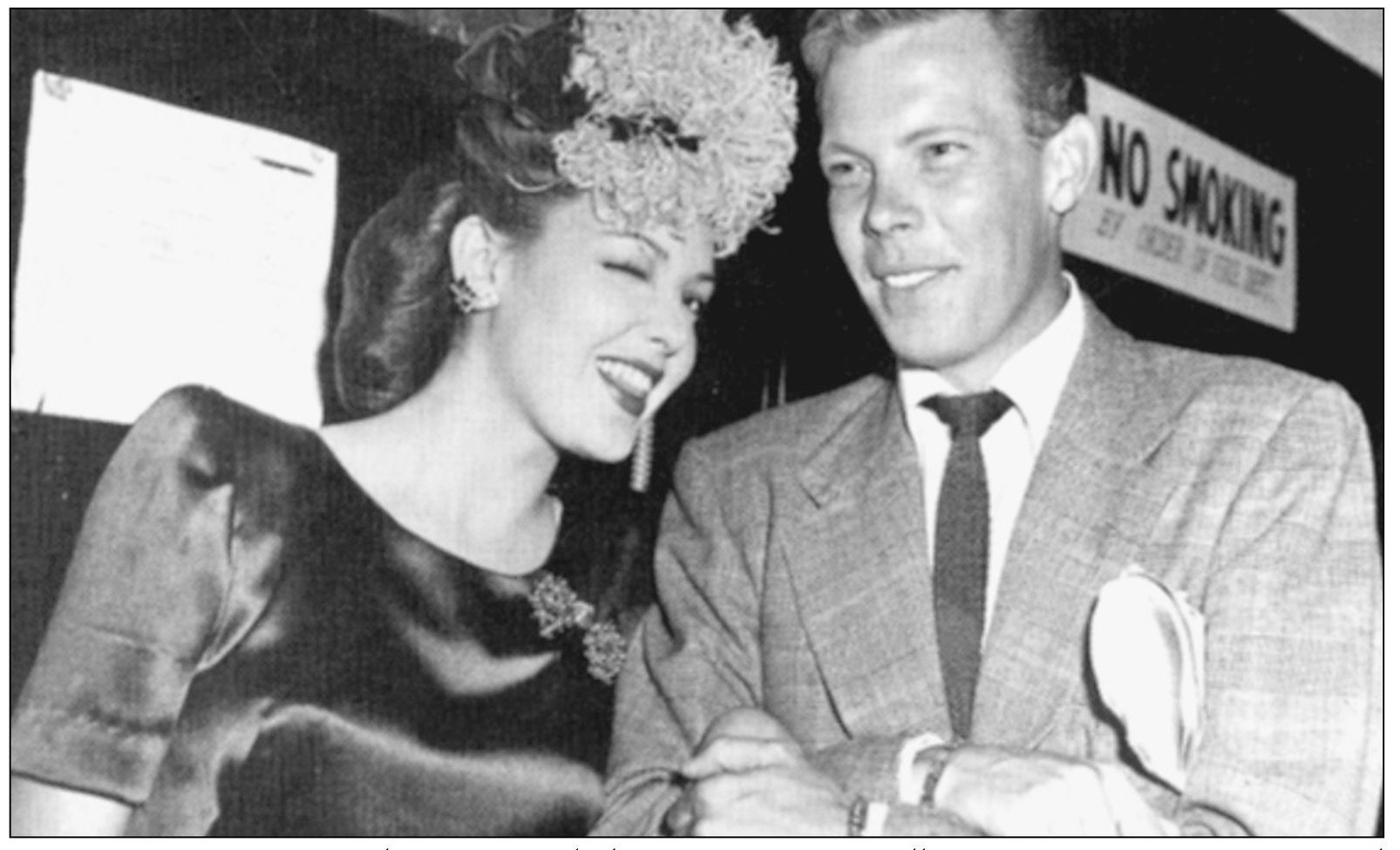
SCREEN STAR. Haymes’s hit songs include “It’s Magic,” “You’ll Never Know,” “Long Ago and Far Away,” “Laura,” “The More I See You,” “It Might as Well Be Spring,” and “I’ll Get By.” His best films include State Fair, The Shocking Miss Pilgrim, and St. Benny the Dip. Linda Darnell’s wink back in 1944 indicates what a heartthrob Haymes was. In the end, his six marriages and drinking ruined a great career.
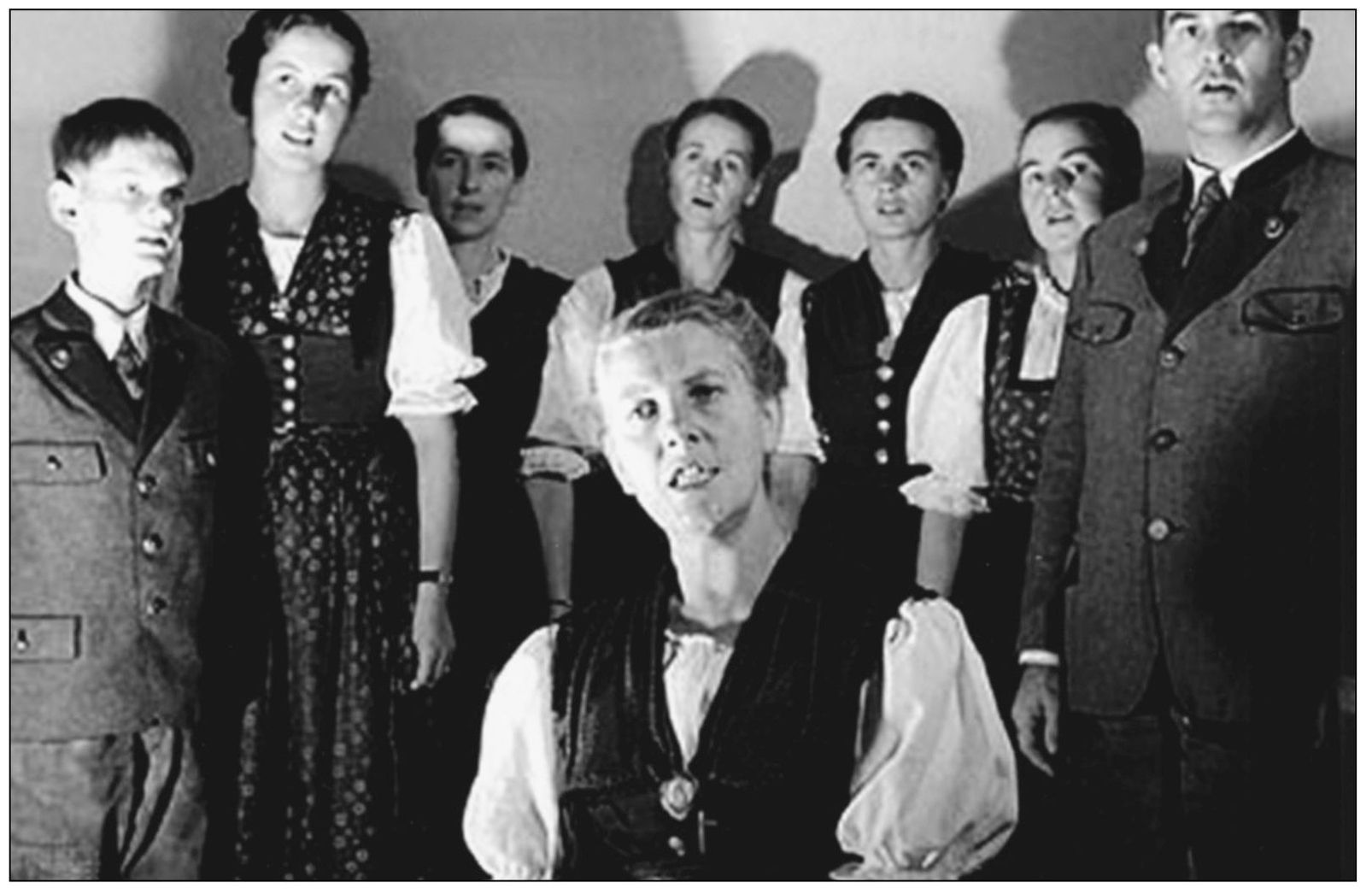
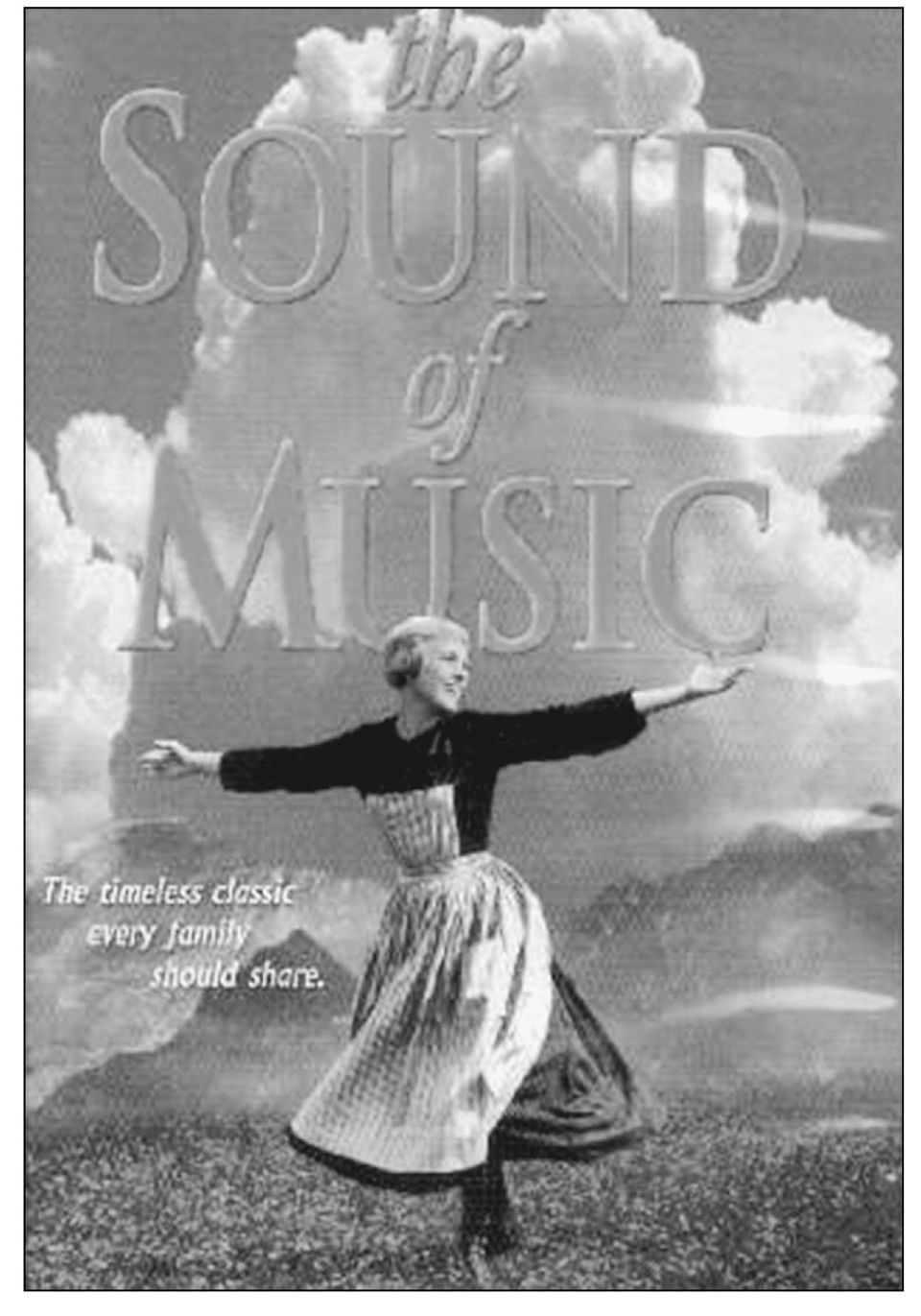
THE TRAPP FAMILY SINGERS. In 1938, the choral group the Trapp Family came from Austria and was promptly detained at Ellis Island. They settled necessary bureaucratic matters connected with their sudden immigration. In America, they enchanted audiences with their exquisite renditions of German songs from old Austria.

EZIO PINZA. One of opera’s great baritones, Ezio Pinza (1892–1957) is remembered for his robust interpretations of Don Giovanni and Boris Godunov, as well as his screen success in South Pacific (1949) and unforgettable rendition of “Some Enchanted Evening.” The Italian, a native of Rome, came to New York in the 1920s and dominated the Metropolitan Opera from 1926 to 1948, when he embarked on a new career in Hollywood.
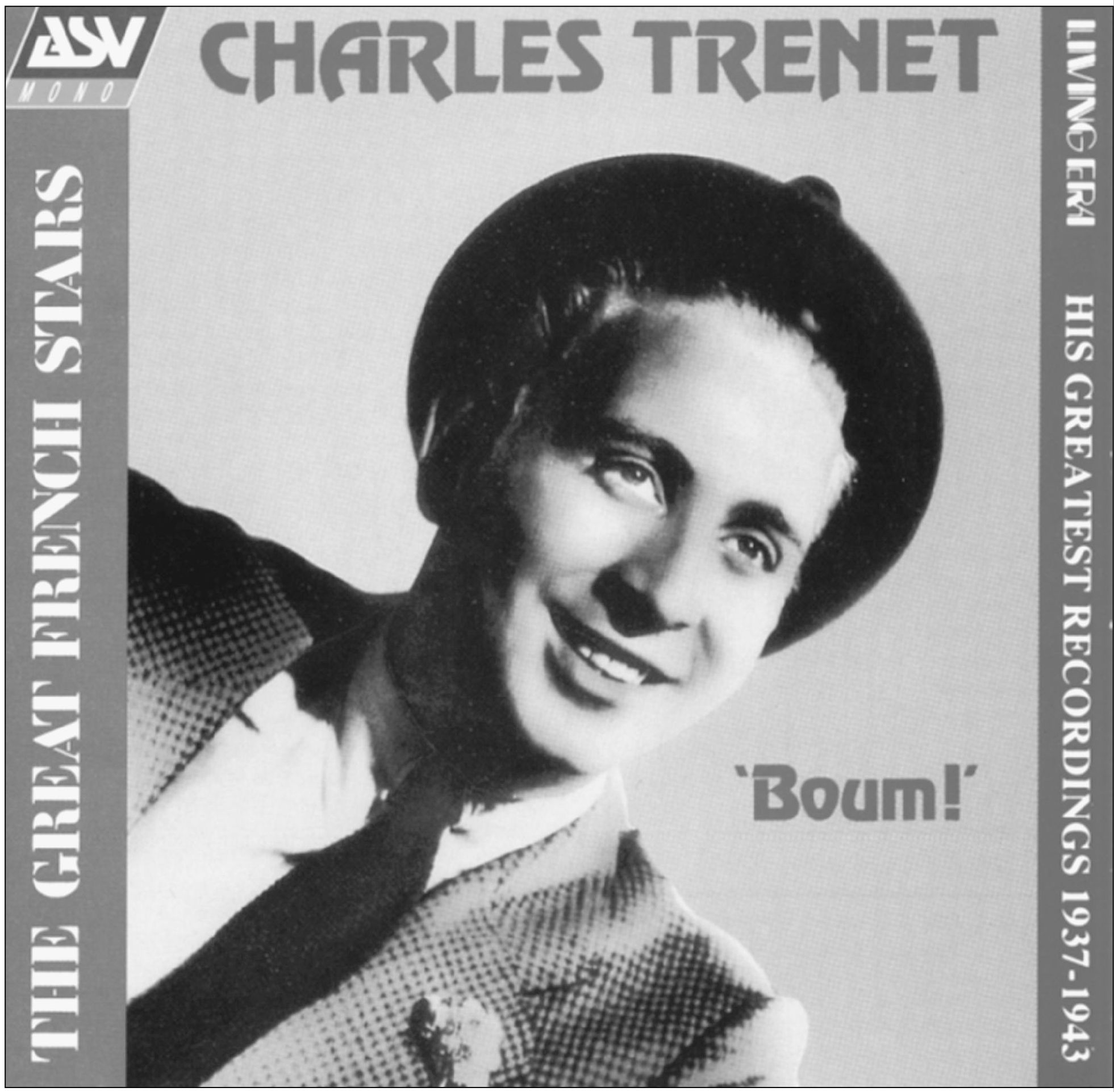
CHARLES TRENET. French singing star Charles Trenet (1913–2001) was held at Ellis Island quite mysteriously for many weeks when he came for an engagement in 1948. Very probably it was caused by the heightened obsession with fascist collaboration, but it may have been his homosexuality. A great star, Trenet was dubbed the “Sinatra of France.”

YMA SUMAC. Great Peruvian coloratura singer Yma Sumac was briefly detained at Ellis Island in July 1954 on suspicion of subversion. She expressed her mystification for the detention. Sumac (born in 1922) is celebrated for her near-five-octave range and her ability to recall through song the ancient Inca civilization, as well as the sounds of nature in her native Peru.
